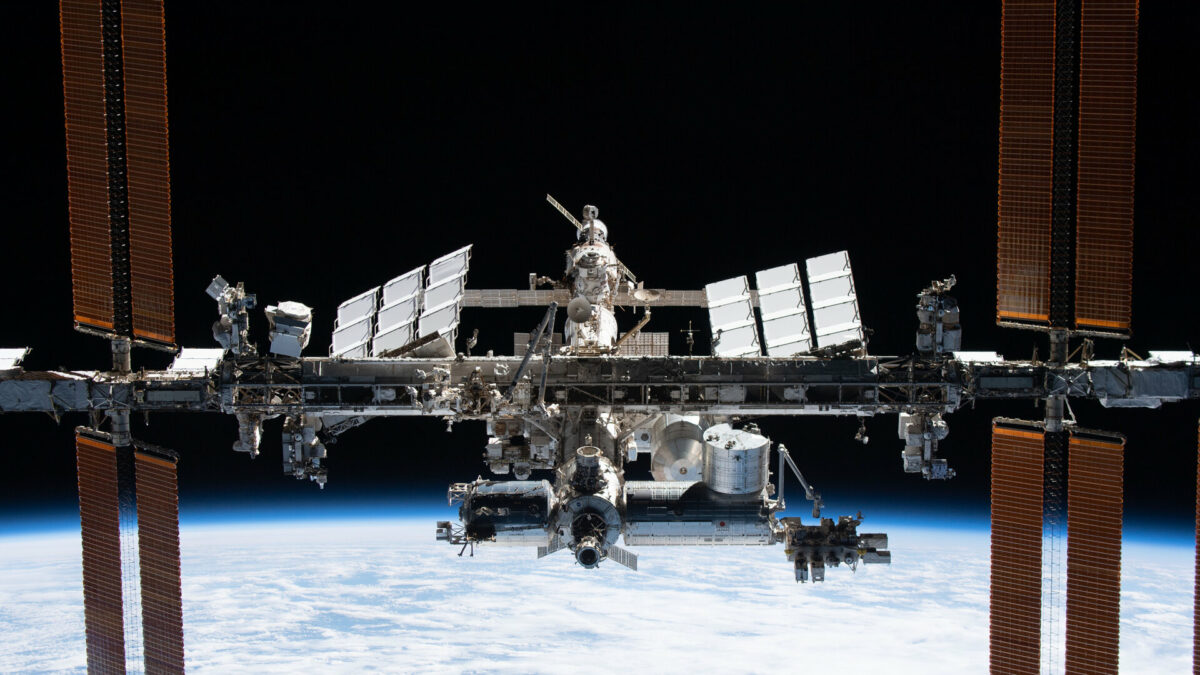In research funded by Canadian Space Agency, it was found that illnesses are more likely to affect astronauts in space as space travel might weaken the immune system due to changes in gene expression in WBC.
Astronauts on board the International Space Station (ISS) often suffer from skin rashes, and respiratory and non-respiratory diseases. Also, astronauts shed more live viral particles, like Epstein-Barr virus (EBV), varicella zoster, herpes simplex 1, cytomegalovirus (CMV).
The Research Details
The study was done by evaluating genetic expression in leukocytes of a cohort of 14 astronauts – 3 women and 11 men- who lived on board the ISS between 2015 and 2019. Blood was collected before takeoff, during flight, and after landing and 15,410 genes were found to be differentially expressed in leukocytes. Two clusters with 247 and 29 genes respectively changed their expression in tandem along the study.

Genes in first cluster were diminished on reaching space and back up after reaching earth. The genes in second cluster did the opposite. The genes in the first cluster had immunity related functions and those in the second cluster were related to cellular structures and functions. Thus, the result showed that on reaching space, strength of immune system weakens due to alterations in gene expressions.
According to Dr Guy Trudel, a rehabilitation physician and researcher at Ottawa Hospital and professor at the Department of Cellular and Molecular Medicine of the University of Ottawa, weaker immunity system increases risk of infectious diseases and thereby limits astronauts’ ability to perform well. Also, since astronauts have only limited access to care, medication, or evacuation in space, it will be difficult in case an infection evolves to a severe condition requiring medical assistance.
The data also showed that within one year or less after landing on earth, most of the genes in either clusters returned to the pre-flight expression. On average, after a few weeks.
The results showed that there is an elevated risk of infection after landing on earth for at least one month.
It is not yet clear that how long it will take the immune system to reach pre- flight strength completely. It may vary depending on the age, sex, genetic differences and childhood exposure to pathogens.
By the study so far, it is hypothesized that ‘fluid shift’ triggers the change in genetic expression under microgravity.












